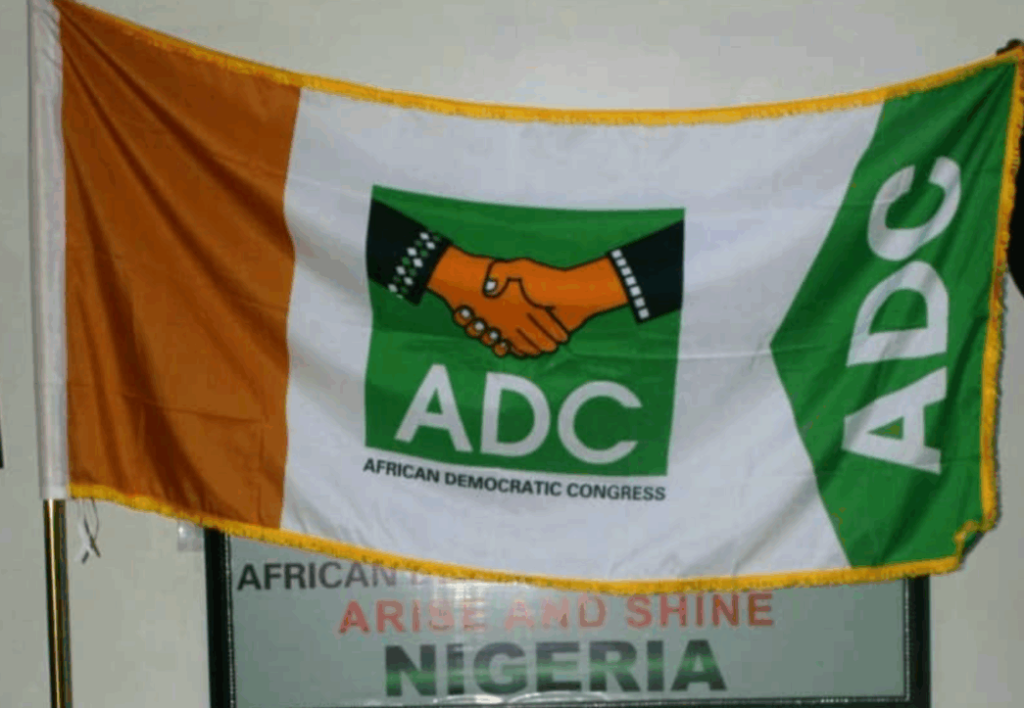By Ismaeel Aleem
In a dialogue underscoring Nigeria’s democratic fragility, the African Democratic Congress (ADC) and the European Union Election Observation Mission (EU-EOM) have issued a resounding joint appeal for sweeping electoral reforms.
The move aims to rectify the “shortcomings” of the 2023 general elections and pave the way for free, fair, and credible polls in 2027.
The high-level parley, held in Abuja yesterday, brought together ADC’s top brass with a distinguished EU delegation.
Led by Chief of Mission and Member of the European Parliament, Mr Barry Andrews, the EU team sought to dissect the 2023 electoral flaws and forge actionable recommendations.
The ADC contingent was spearheaded by National Chairman Senator David Mark and National Secretary Ogbeni Rauf Aregbesola, flanked by a formidable array of party stalwarts including Liyel Imoke, Emeka Ihedioha, Babachir Lawal, Bolaji Abdullahi, Ibrahim Mani, and Chile Igbawua.
Both sides concurred that the 2023 elections were marred by “irregularities” that dashed public hopes.
They lambasted the Independent National Electoral Commission (INEC) and the judiciary for abdicating their duty to protect the electorate’s mandate.
“The polls failed to meet Nigerians’ expectations,” the joint statement declared, highlighting a “major setback” to the nation’s democratic journey.
Central to the ADC’s critique was INEC’s betrayal of trust through the non-delivery of real-time result transmission via the INEC Result Viewing (IReV) portal.
“Final results declared were inconsistent with votes cast at polling units,” the party charged, portraying the episode as a grave erosion of credibility.
To arrest such lapses, the ADC advocated decentralising INEC’s leadership appointments.
Rather than vesting sole authority in the President, it proposed that political parties holding at least five seats in the National Assembly be empowered to nominate the INEC Chairman and National Commissioners.
This, they argued, would infuse impartiality and broaden representation.
The judiciary fared no better in their assessment. The ADC contended that courts must not “usurp the people’s right to freely choose their leaders.”
In contested cases, resolutions should eschew judicial fiat, reverting instead to the electorate through fresh democratic exercises a radical nod to voter sovereignty.
The EU delegation, comprising luminaries such as Mr Gautier Mignot (EU Ambassador to Nigeria and ECOWAS), Mr Ralph-Michael Peters (Election Expert and Team Lead), Ms Eirini-Maria Gounari (Election Legal Expert), Mr Maros Gabriel (Election Administration Expert), Ms Laolu Olawumi (Programme Manager, Democracy and Rule of Law), Mr Osaro Odemwingie (Political Adviser), and Mr Ruben Alba Aguilera (Team Leader, EU Delegation), endorsed these imperatives.
Their input drew from exhaustive post-2023 reviews, emphasising technology safeguards and institutional autonomy.



